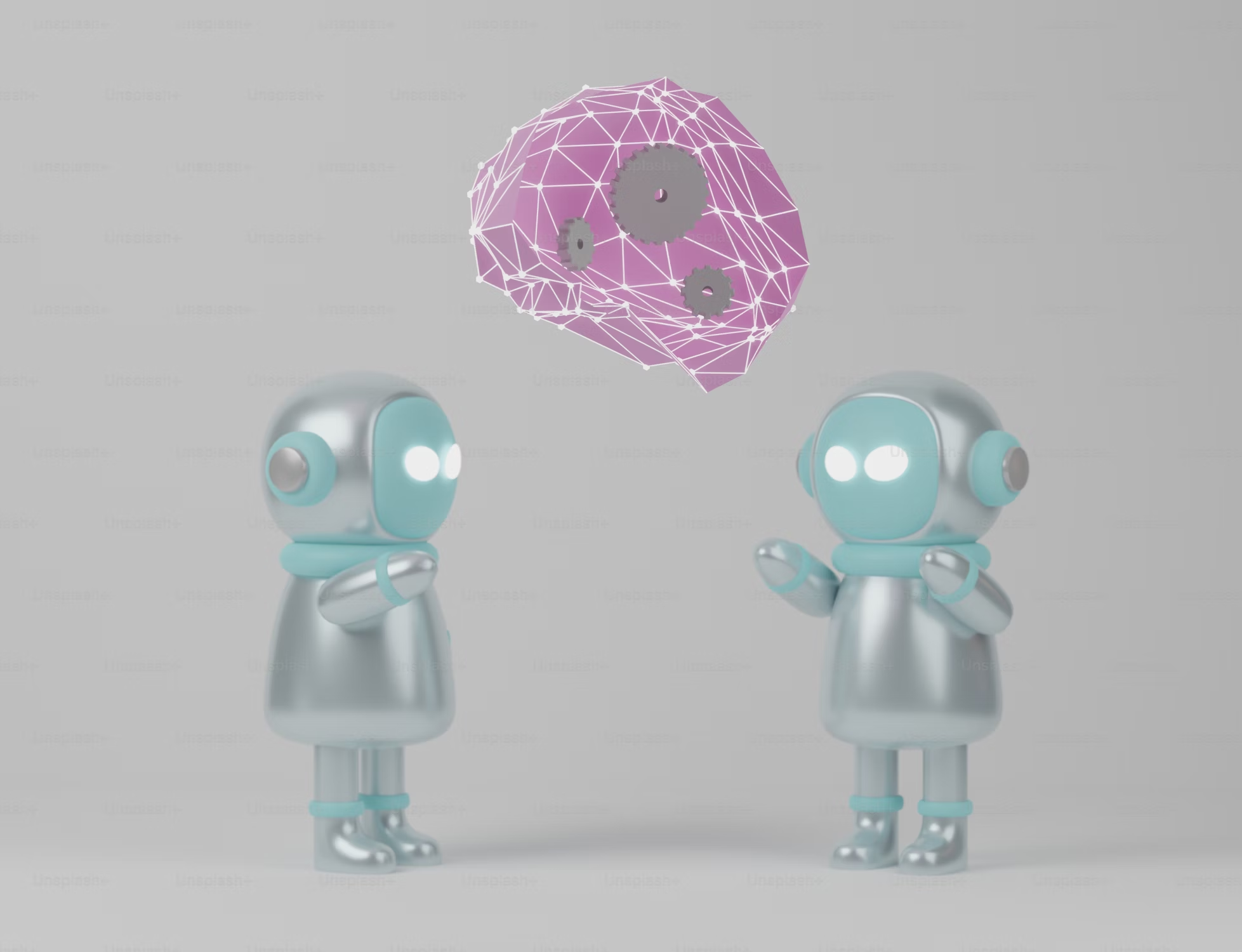
Is the idea of IQ legit or total B.S.? With the replication crisis in social science, it's worth asking this since a number of major psychology findings didn't hold up under scrutiny.
To find out, at Clearer Thinking, we ran a massive study.
We tested thousands of people performing random subsets of 62 diverse cognitive tasks (vocab, math, logic, pattern recognition, reaction time, games, memorization, mental rotation, language learning, etc.)
We successfully replicated a classic findi...
More


